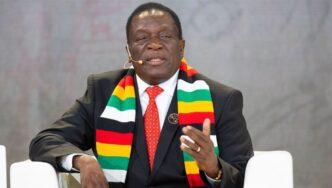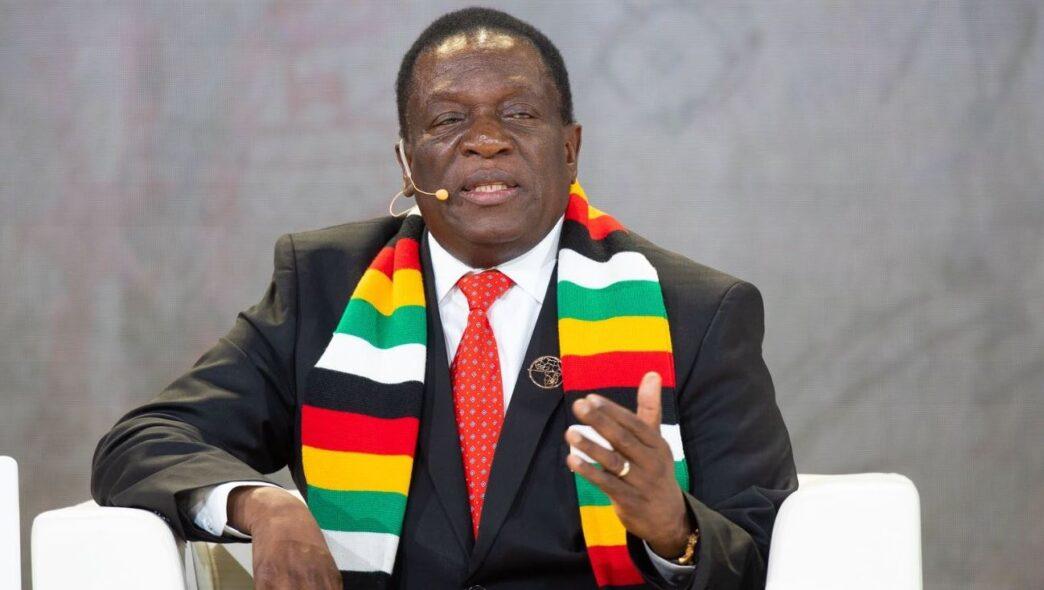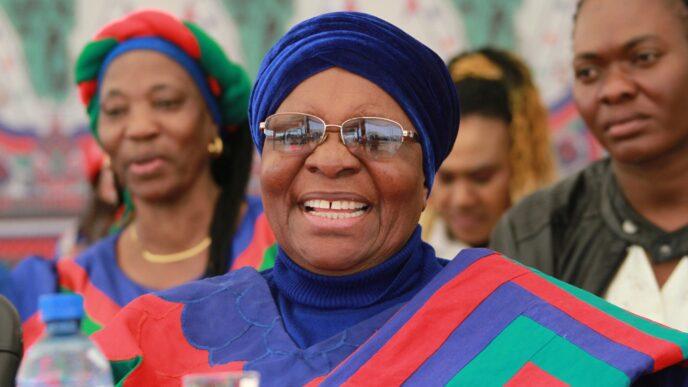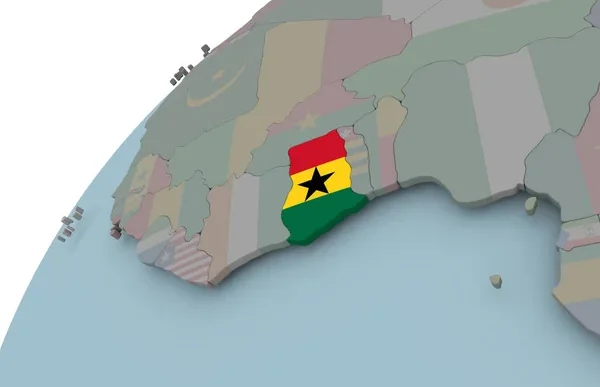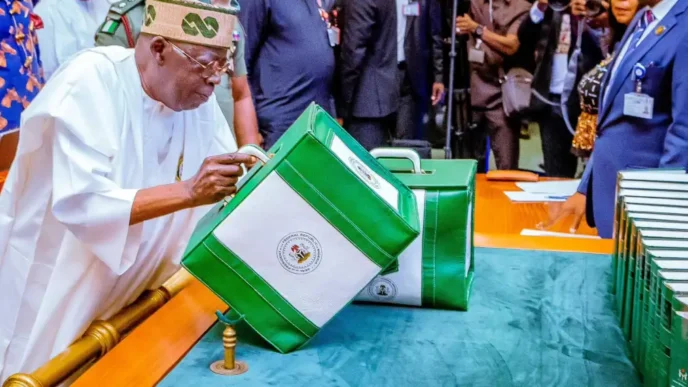Zimbabwe is taking a decisive step toward financial recovery with the Zimbabwe Debt Conference in Harare.
President Emmerson Mnangagwa, alongside African Development Bank (AfDB) President Akinwumi Adesina, welcomed global creditors, development experts, and private sector leaders to discuss strategies for addressing the nation’s $12.7 billion external debt.
The conference, viewed as a crucial step in restoring Zimbabwe’s access to global capital markets, reflects the country’s commitment to economic reform after two decades of financial isolation.
Clearing Arrears Tops the Agenda at Zimbabwe Debt Conference
A major focus of the Zimbabwe debt conference is resolving the arrears that account for 55% of the nation’s debt, with penalties compounding the challenges. The external debt currently stands at 81% of Zimbabwe’s gross domestic product, creating significant financial strain.
Experts, including Harare-based economist Prosper Chitambara, stress the importance of this effort. “The issue of arrears is a major albatross around our neck,” Chitambara stated, noting that clearing these debts would reduce borrowing costs and attract much-needed investment.
However, rebuilding trust with creditors like the African Development Bank, the World Bank, and the European Investment Bank requires careful negotiation. These steps are essential for unlocking international funding and rebuilding the country’s financial reputation.
Challenges in Reaching IMF Support
Zimbabwe remains unable to access direct funding from the International Monetary Fund (IMF) due to its unsustainable debt levels and outstanding arrears. According to an IMF spokesperson, “The IMF is precluded from providing financial support to Zimbabwe.”
To demonstrate fiscal discipline, the government aims to initiate a Staff-Monitored Program (SMP) with the IMF. Although this program does not include financial assistance, it could signal Zimbabwe’s commitment to sound economic policies.
Unfortunately, the government missed earlier deadlines for the SMP, delaying progress toward this vital goal.

Zimbabwe Debt Conference Tackles Regional Debt Crisis
The Zimbabwe debt conference is not only a turning point for the nation but also highlights a broader regional debt crisis. Across Africa, 24 of 35 low-income countries face high risks of debt distress, according to United Nations data.
Countries like Zambia and Chad have finalized restructuring plans, while others like Ghana and Ethiopia are deep into similar processes.
Zimbabwe’s debt, however, stands out due to its complex mix of unpaid loans and accumulated penalties. Despite these hurdles, Finance Minister Mthuli Ncube remains optimistic, outlining plans to establish a clear roadmap for financial recovery by the end of the conference.
To this end, the government has enlisted international advisors supported by the AfDB to guide the process.
Zimbabwe’s Path to Debt Resolution
Through the Zimbabwe debt conference, the nation aims to reshape its financial future and rebuild trust with international lenders. Clearing arrears and implementing reforms could open the door to lower borrowing costs and attract crucial investments.
This bold plan demonstrates Zimbabwe’s resolve to overcome a difficult economic past and regain its place in the world economy.
Zimbabwe might establish a precedent for addressing debt crises throughout Africa and pave the way for long-term economic stability by effectively implementing the blueprint presented at the meeting.
Read More:
